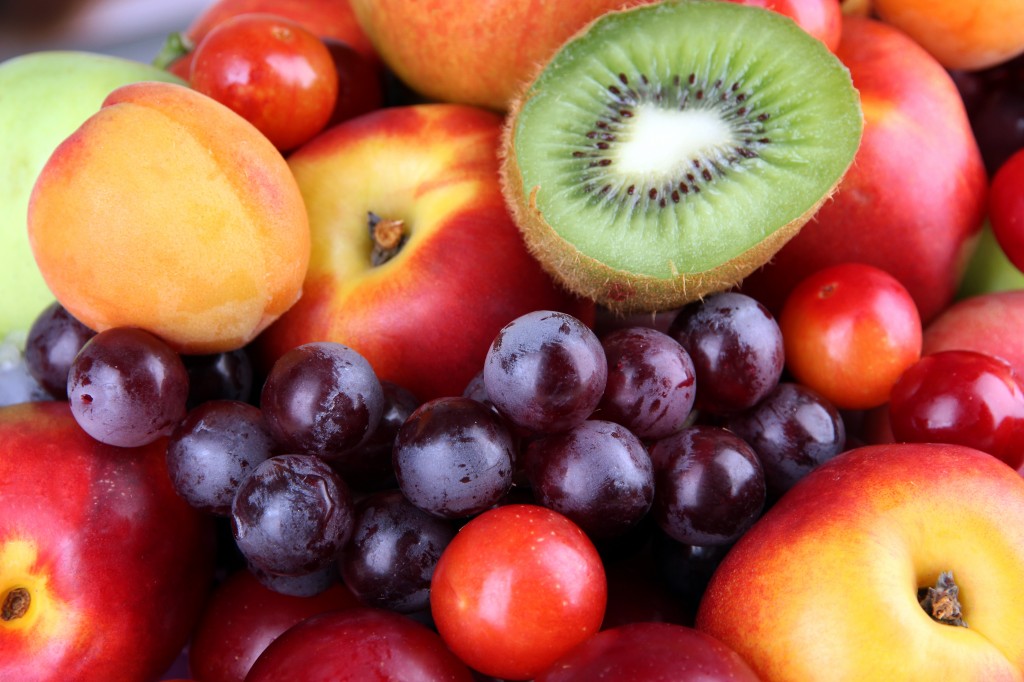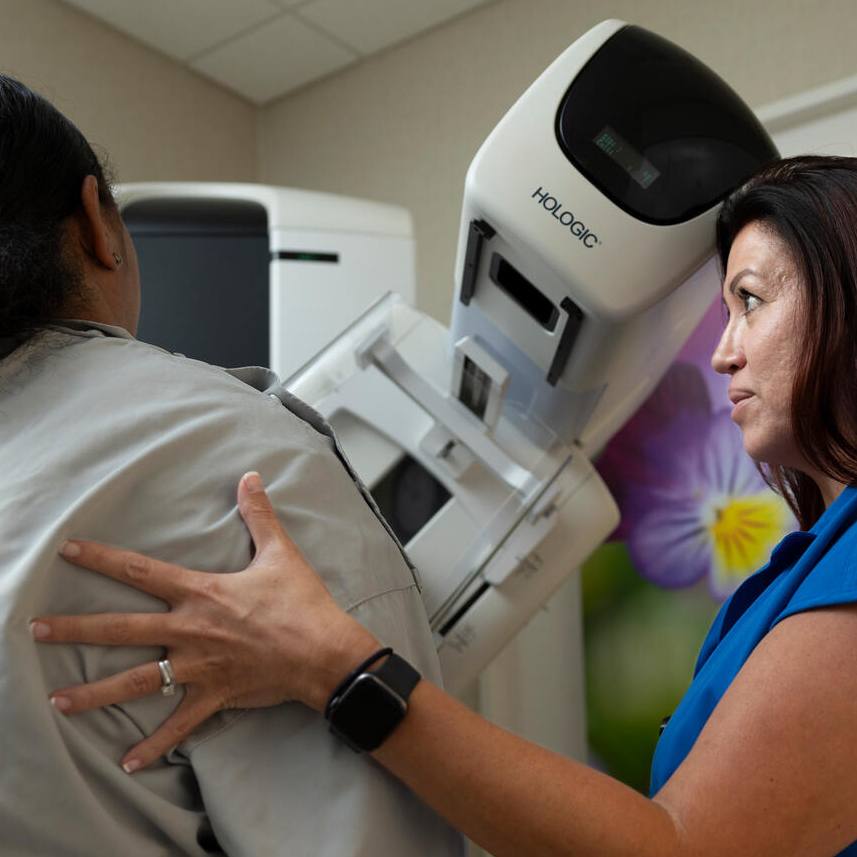-
Featured News
Consumer Health: Dehydration — it’s more than being thirsty

Water is essential to good health. Every cell, tissue and organ in your body needs water to work properly. Water is essential for maintaining your body temperature; lubricating and cushioning your joints; and getting rid of waste through urination, perspiration and bowel movements.
Dehydration occurs when you use or lose more fluid than you take in, and your body doesn't have enough water and other fluids to carry out its normal functions. If you don't replace lost fluids, you will get dehydrated.
Thirst isn't always a reliable early indicator of the body's need for water. Many people don't feel thirsty until they're already dehydrated. That's why increasing water intake during hot weather or when you're ill is important.
Dehydration can lead to serious complications, including:
- Heat injury.
If you don't drink enough fluids when you're exercising vigorously and perspiring heavily, you may end up with a heat injury, ranging in severity from mild heat cramps to heat exhaustion or potentially life-threatening heatstroke. - Urinary and kidney problems.
Prolonged or repeated bouts of dehydration can cause urinary tract infections, kidney stones and even kidney failure. - Seizures.
Electrolytes — such as potassium and sodium — help carry electrical signals from cell to cell. If your electrolytes are out of balance, the normal electrical messages can become mixed up, which can lead to involuntary muscle contractions and sometimes to a loss of consciousness. - Low blood volume shock (hypovolemic shock).
This is one of the most serious, and sometimes life-threatening, complications of dehydration. It occurs when low blood volume causes a drop in blood pressure and a drop in the amount of oxygen in your body.
Preventing dehydration
To prevent dehydration, drink plenty of fluids and eat foods high in water, such as fruits and vegetables. For most healthy people, letting thirst be your guide is an adequate daily guideline. Thirst isn't always a reliable indicator of hydration, though, because when you're thirsty, you already could be dehydrated.
But how much water do you need to drink every day? It's a simple question with no easy answer. Studies have produced varying recommendations over the years. The amount of water your body needs depends on many factors, including your health, how active you are and where you live.
You don't need to rely only on water to meet your fluid needs. What you eat also provides a significant portion. For example, many fruits and vegetables, such as watermelon and spinach, are almost 100% water by weight.
In addition, beverages such as milk, juice and herbal teas are composed mostly of water. Even caffeinated drinks — such as coffee and soda — can contribute to your daily water intake. But go easy on sugar-sweetened drinks. Regular soda, energy or sports drinks, and other sweet drinks usually contain a lot of added sugar, which may provide more calories than needed.
So how much fluid does the average, healthy adult living in a temperate climate need? The U.S. National Academies of Sciences, Engineering, and Medicine determined that an adequate daily fluid intake is:
- About 15.5 cups of fluids a day for men.
- About 11.5 cups of fluids a day for women.
These recommendations cover fluids from water, other beverages and food. About 20% of daily fluid intake usually comes from food and the rest from drinks.

Treatment
The only effective treatment for dehydration is to replace lost fluids and lost electrolytes. The best approach to dehydration treatment depends on your age, the severity of dehydration and its cause.
Most adults with mild to moderate dehydration from diarrhea, vomiting or fever can improve their condition by drinking more water or other liquids. Diarrhea may be worsened by full-strength fruit juice and soft drinks.
If you work or exercise outdoors during hot or humid weather, cool water is your best bet. Sports drinks containing electrolytes and a carbohydrate solution also may be helpful.
Children and adults who are severely dehydrated should be treated by emergency personnel arriving in an ambulance or in a hospital emergency room. Salts and fluids delivered intravenously are absorbed quickly and speed recovery.
Connect with others talking about healthy lifestyle choices in the Healthy Living Support Group on Mayo Clinic Connect, an online patient community moderated by Mayo Clinic.







